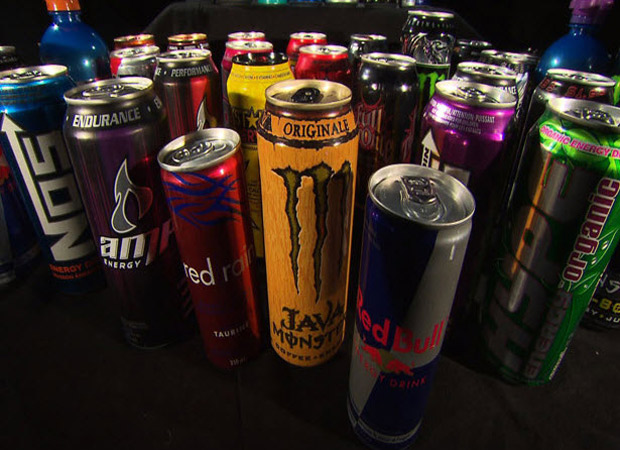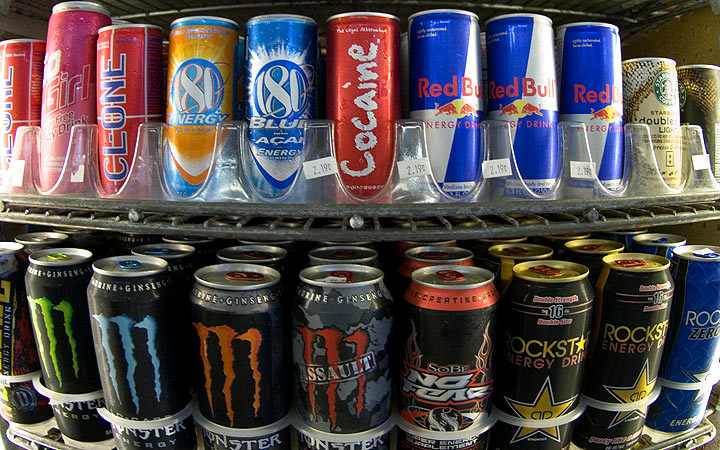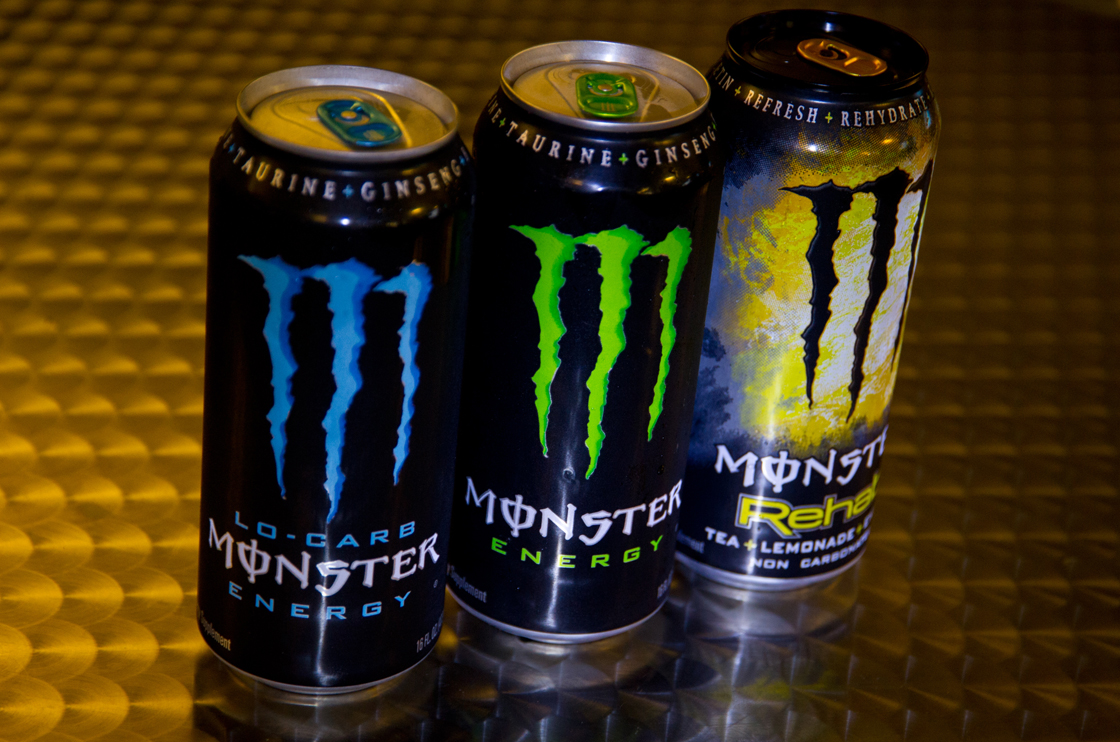“Red Bull gives you wings.”

It’s the slogan that markets the world’s best-selling energy drink.
But that catchphrase doesn’t quite capture what it does to young men. It’s not the drink that gives them wings, so to speak — it’s the label.
That’s just one finding of a new UBC study that looked at the psychological effects of energy drinks when they’re mixed with alcohol.
The study, published in the Journal of Consumer Psychology, is titled, “Does Red Bull give wings to vodka? Placebo effects of marketing labels on perceived intoxication and risky attitudes and behaviours.”
“Red Bull has long used the slogan, ‘Red Bull gives you wings,’ but our study shows that this type of advertising can make people think it has intoxicating qualities when it doesn’t,” said lead author Yann Cornil, an assistant professor at the UBC Sauder School of Business.
“When alcohol is mixed with an energy drink and people are aware of it, they feel like they’re more intoxicated simply because the marketing says they should feel that way.”
Cornil and co-authors Pierre Chandon and Aradhna Krishna found that simply telling young men that they were drinking a vodka with Red Bull was enough to make them more daring and more sexually self-confident.
It also made them think they were more drunk than they really were.
The study tested 154 heterosexual men using a cocktail that consisted of Red Bull, Smirnoff vodka and Caraibos Nectar Planteur.
Subjects were then randomly assigned to one of three tests: one labelled the drink as a “vodka Red Bull cocktail”; one labelled it a “vodka cocktail”; and another labelled the drink as an “exotic fruit cocktail.”
The men were asked to down the drinks and then complete a series of tasks on a computer for about 30 minutes.
READ MORE: U.S. school bans energy drinks because they’re tied to risky behaviour
On the computer, subjects were asked look at images of 15 young women.
They were then asked about their intentions to chat them up, and how confident they were that the women would share their phone numbers with them.
Another method measured the link between energy drinks and risk aversion.
Test subjects were asked to play a gambling game in which they inflated a balloon and won more money as they pumped it up.
They could cash out, or they could keep pumping, knowing that the balloon could pop they would lose all their money.
More confidence, more daring, higher perception of drunkenness
The study found that the young men were more sexually self-confident and more daring when they drank a “vodka Red Bull cocktail” than they were when consuming a “vodka cocktail” or an “exotic fruit cocktail”.
The study also showed that participants were more likely to wait longer before driving home, suggesting they were aware of the risks of consuming alcohol with energy drinks and then jumping behind the wheel.
READ MORE: Majority of Albertans support tax on pop, other sugary drinks: survey
The findings show that policy-makers and health authorities need to take a closer look at what alcohol-energy drink mixes can do to people’s behaviour.
“Policy makers and food safety agencies in North America and in Europe have not paid enough attention to the psychological effects of consuming energy drinks, especially when mixed with alcohol,” Cornil told Global News.
There is currently a global movement to tax or restrict the sale of pop and energy drinks — much of the opposition concerns the drinks’ sugar content, rather than their impact on the brain.
“Given their effects on sexual disinhibition and risk-taking, it may be advisable to restrict the sale of cocktails mixing alcohol and energy drinks, or the availability of both beverages in the same venue, in environments associated with sexual misconduct and gambling,” the report said.

Meanwhile, organizations such as Mothers Against Drunk Driving (MADD) have, in the past, focused on the relationship between energy drinks mixed with alcohol and impaired driving.
The authors of the new study argue that people are generally aware of the risks of driving after consuming such a drink.
“The silver lining was that emphasizing the energy drink in the cocktail made the participants less likely to drive,” said co-author Krishna, a marketing professor at the University of Michigan’s Ross School of Business.
“It seems that drunk-driving education is working enough to make people think hard about driving when they are feeling drunk.”
Instead, organizations should focus on marketing slogans such as “Red Bull gives you wings” — which, the study’s authors point out, “can turn an innocuous ingredient into an active placebo.”








Comments